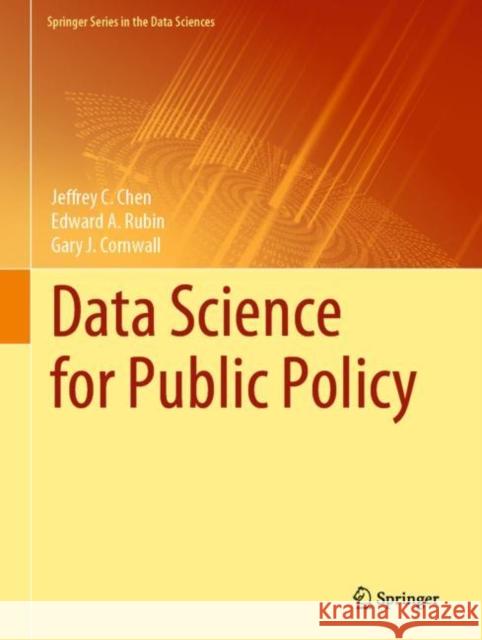Data Science for Public Policy » książka
topmenu
Data Science for Public Policy
ISBN-13: 9783030713515 / Angielski / Twarda / 2021 / 365 str.
Kategorie:
Kategorie BISAC:
Wydawca:
Springer Nature Switzerland AG
Seria wydawnicza:
Język:
Angielski
ISBN-13:
9783030713515
Rok wydania:
2021
Wydanie:
2021
Numer serii:
000904336
Ilość stron:
365
Waga:
1.22 kg
Wymiary:
28.96 x 21.59 x 2.29
Oprawa:
Twarda
Wolumenów:
01











